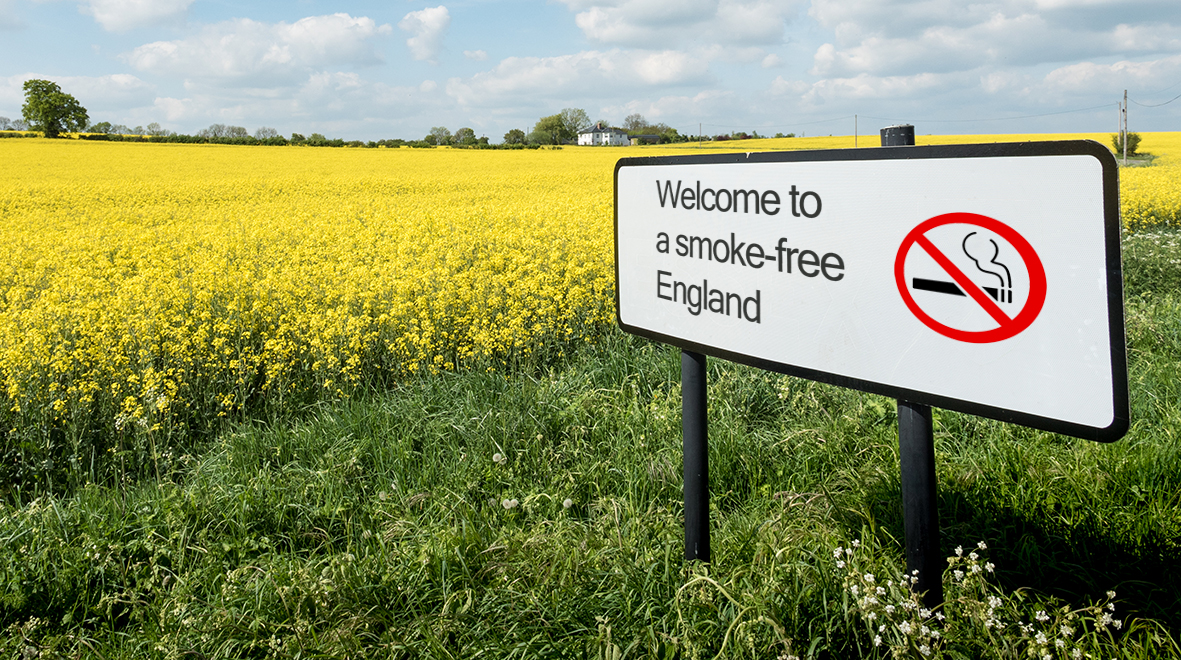A public health Insight into the UK’s new obesity strategy

Public health researcher Charan Gill provides an inside look at the Government’s new obesity strategy and discusses if it’s the way to tackle the obesity crisis.
In July the UK government released the ‘Tackling Obesity: empowering adults and children to live healthier lives strategy’. As a public health researcher, I was eagerly waiting for this to be published and I know many others were also anticipating what was going to be released in the document. This new strategy has received a great deal of criticism, and although it does raise valid and important points, it has left many confused. Despite this, there have also been several important issues raised which needed to be addressed. Over recent years, several obesity strategies have been published, but I want to highlight some key positives from this strategy and how I see it working.
Firstly, I want to recognise how great it is to see the government emphasising on public health and prevention. Acknowledging that there are public health services that can offer huge benefits to the public and will in turn have beneficial impacts and reduced strain on the NHS. The strategy claims that the government will expand weight management services and the NHS Diabetes Prevention Programme which are a few services which can offer preventative support. These suggestions are fantastic and offer practical resources to support individuals who want to make healthy lifestyle changes. (more…)




